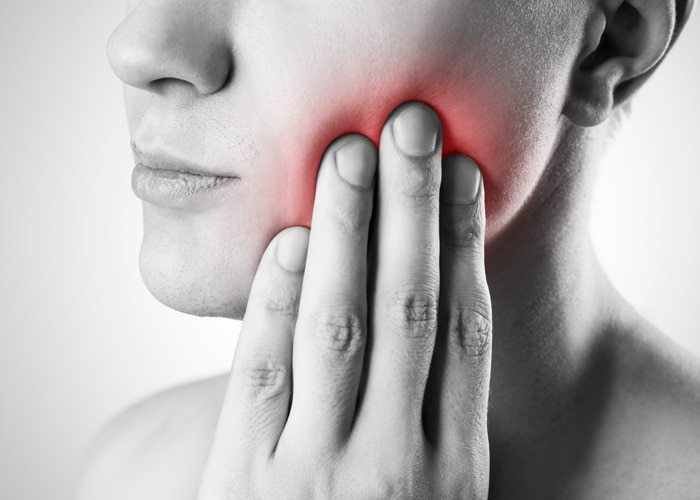Do you ever feel that you have a harder time of keeping up good oral health than those around you? The unfortunate truth is that, even if you are diligent in your brushing and flossing, some people simply have genetic tendencies towards dental problems. These can come in numerous forms, including the following:
- Some people have a genetic disposition to gingivitis. If many people in your family have suffered from gingivitis, you may have similar problems.
- A bleeding disorder can be genetic, and such disorders have unfortunate implications on your dental care.
- Crooked teeth can be the result of genetics. If there are a lot of braces in your family, you may need to get braces as well.
- There are some disease that tend to run in families. Diabetes, for example, can be inherited from your parents, and has unfortunate effects on your oral health.
If you have a genetic tendency towards bad oral health, talk to our Auburn dentist. There are ways we can work to accommodate your problem and get the best out of your dental treatments.



